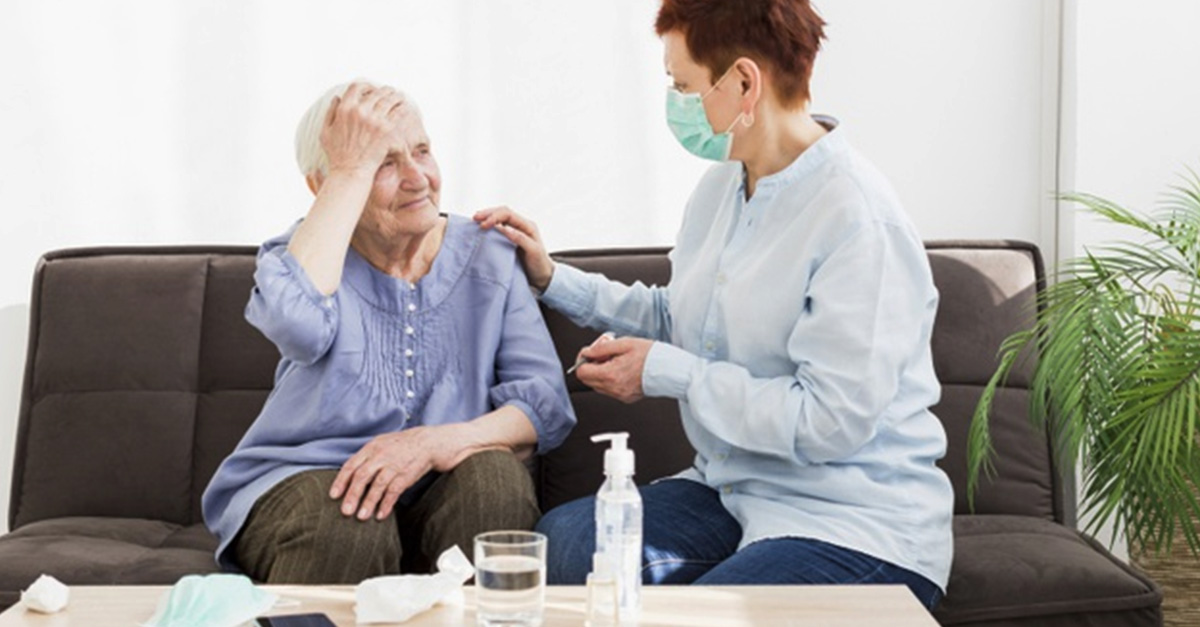Each caregiver undergoes a unique journey. If you are a caregiver, you know that challenges are several, but the present scenario is unprecedented. COVID-19 has caused millions of deaths worldwide. Social distancing has become the norm, but caregivers could not practice the same. As a caregiver, you should know how to adapt yourself to these changing times. Yes, caregivers are today wearing a face mask and gloves whenever they are coming in close contact with their care recipients. There are reports of infected people who are found to be asymptotic, and this makes the caregivers more worried. So, here are the top 5 tips that every caregiver should know during COVID-19. Let’s have a look.
Practice hand hygiene
Since the guidelines to stay protected from the deadly virus recommends the need to keep your hands clean, you must practice the same. Use a bar of soap or an alcohol-based sanitizer to keep your hands clean all the time. Also, encourage your care recipient and other family members to practice hand hygiene. You can put signs at different places in your home to remind yourself and your loved ones about washing your hands.
Clean, clean & clean
Since it has been found that the virus can stay active on solid surfaces for several hours, it is best to keep all the frequently touched surfaces clean by a disinfectant. So, pay more attention to your doorknobs, handrails, locks and keys, tables, smartphones, tablets, and other things that you or your care recipient touch frequently.
Create a contingency plan
You may become infected. In that case, you have to seek medical treatment or quarantine yourself immediately, which means you must have a plan so that your loved one does not suffer in your absence. So, if you are a family caregiver, discuss the need for planning. Also, try to find out who will step into your shoes as a caregiver. You must also have all the emergency numbers and the medical history of your care recipient in one place.
Prohibit non-essential visitors
If your care recipient is living in a residential care facility, there might be policies to prevent any unnecessary visitors for the safety of the residents. However, if he or she is living in your home, you must prohibit all non-essential visitors. Try to get a consultation from the physician over the phone. If it is not possible to restrict the entry of some visitors, make sure that they are maintaining all the practices of social distancing and hand hygiene.
Take home-cooked food
Since people with low immunity are likely to get infected with the virus, make sure to eat only home-cooked food to have a well-balanced diet. Elderly and people with any illness also need home-cooked food to boost their immune system.
In a nutshell, caregiving during COVID-19 is a challenge but is not impossible to overcome with the right guidance and some support from your loved ones. Just stay strong. Do not hesitate to seek help from other fellow caregivers or your loved ones to thrive in your caregiving journey.

